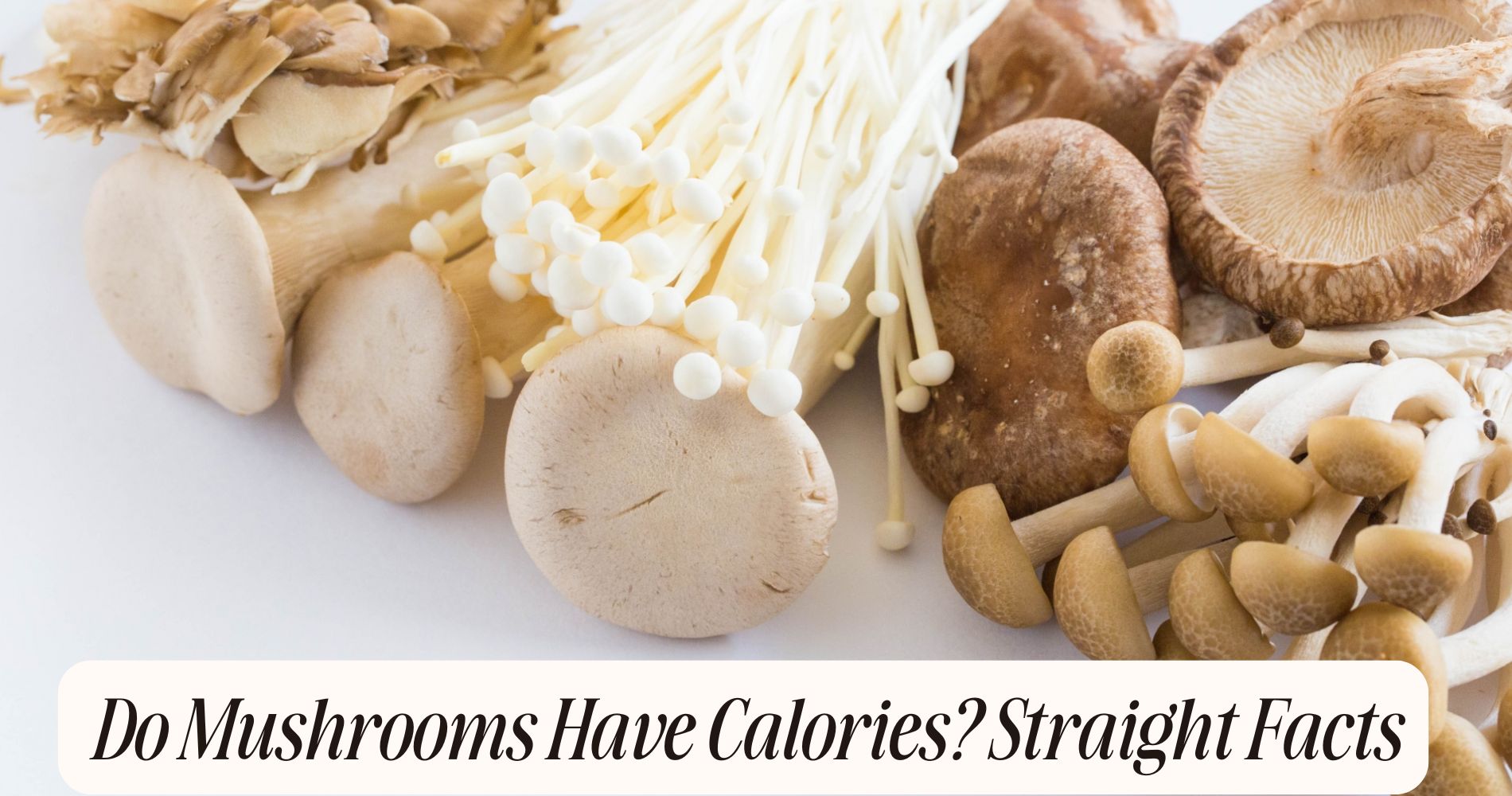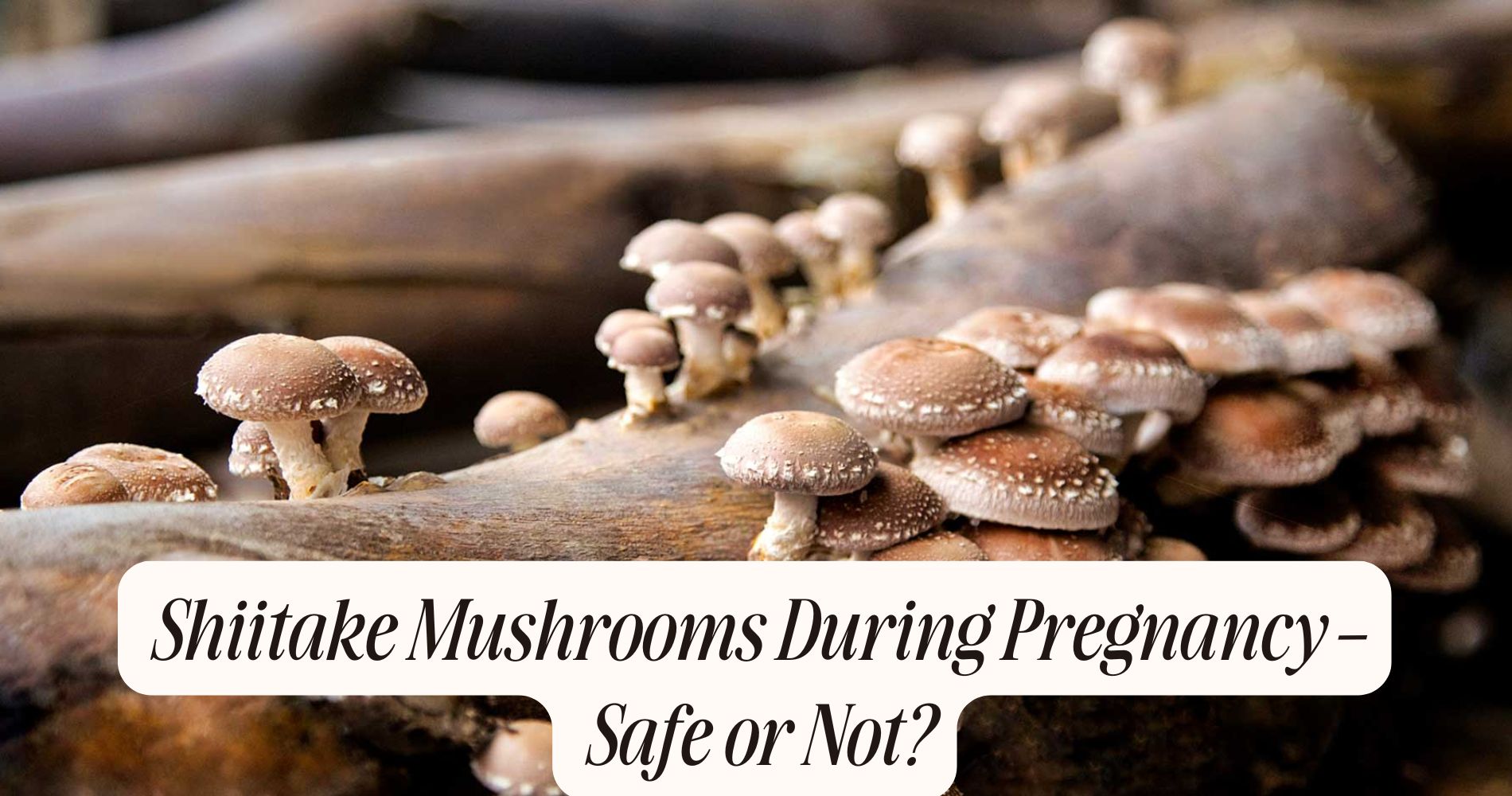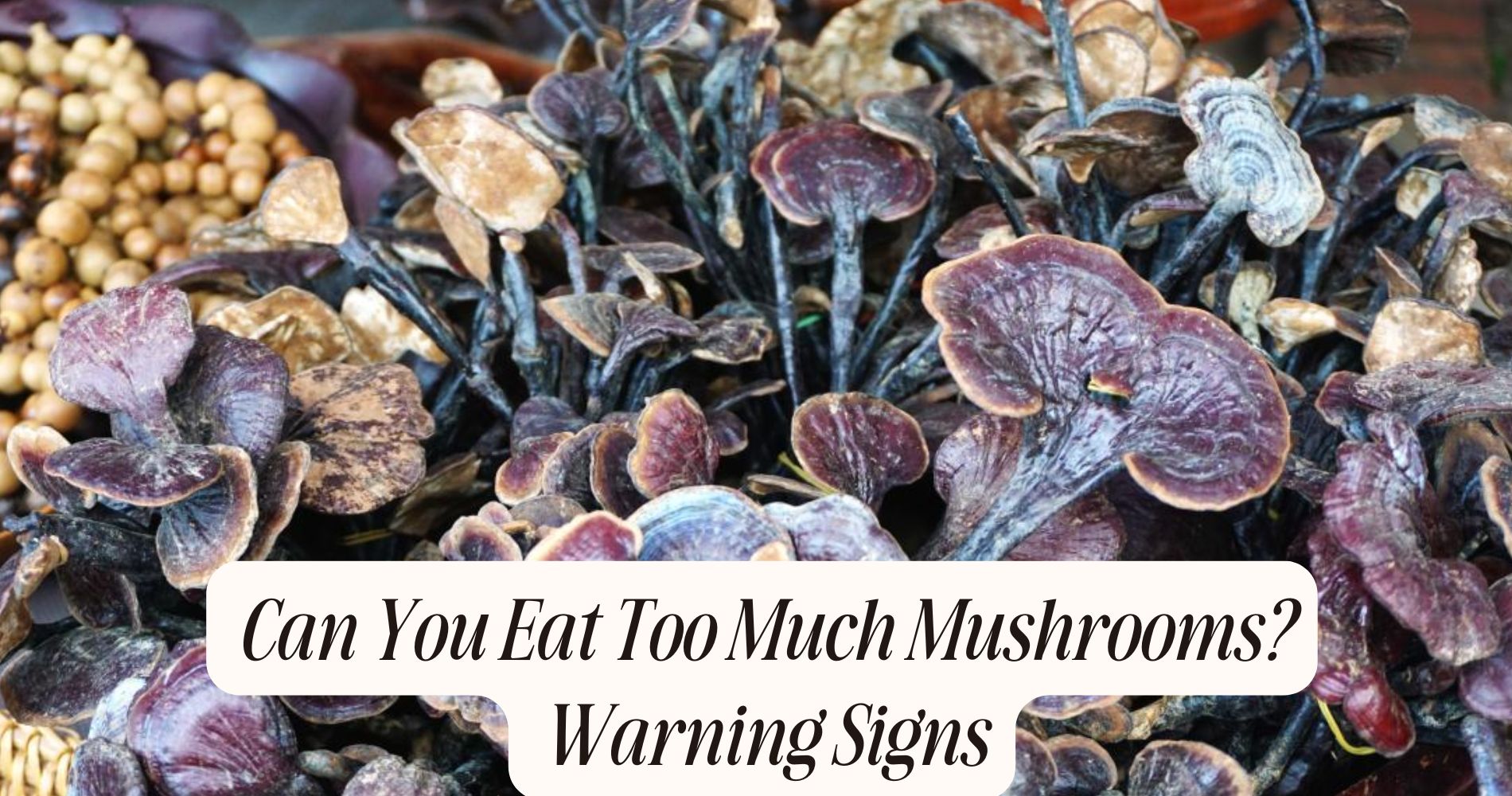
Do Mushrooms Have Calories? Straight Facts
Do mushrooms have calories? Yes, mushrooms do have calories, but the amount is very low—ranging from about 15 to 35 calories per cup, depending on the type. Most of these calories come from carbohydrates with small amounts from protein and barely any from fat. Compared to many other vegetables, you’ll find mushrooms are a nutrient-rich, low-calorie choice. If you’re interested in how specific types and cooking methods impact calorie count, you’ll find those details just ahead.
What Makes Up the Calories in Mushrooms
Although mushrooms are low in calories, their caloric content mainly comes from carbohydrates and small amounts of protein.
You’ll find that dietary fiber, found in mushroom cell walls, makes up a significant portion of the carbohydrate content, which your body doesn’t fully digest for energy.
Minimal fat contributes to the overall calorie count.
The specific nutrient composition can vary based on mushroom cultivation techniques, as growing conditions influence nutrient uptake and, consequently, caloric content.
For example, mushrooms grown on nutrient-rich substrates often have slightly higher protein levels.
Mushroom flavor profiles, ranging from earthy to umami, don’t impact calorie content but can indicate the presence of certain bioactive compounds.
Ultimately, mushrooms provide a nutrient-dense, low-calorie food option that supports a balanced diet.
Calorie Counts for Popular Mushroom Varieties
Understanding where mushroom calories come from sets the stage for comparing the specific calorie counts of popular varieties. When you look at common mushroom varieties, you’ll notice some calorie variation, but overall, mushrooms remain low in calories.
For example, one cup (about 70 grams) of raw white button mushrooms contains roughly 15 calories. Cremini mushrooms, a close relative, offer about 16 calories per cup. Portobello mushrooms, known for their larger size, have around 22 calories per cup when sliced. Shiitake mushrooms provide about 34 calories per cup. Oyster mushrooms are also low, with approximately 28 calories per cup.

This calorie variation between mushroom varieties comes from slight differences in carbohydrate and protein content, but all options stay nutrient-dense and calorie-friendly for most diets.
Comparing Mushrooms to Other Low-Calorie Foods
When you compare mushrooms to other low-calorie foods, you'll find they hold their own both in calorie content and nutritional value. A cup of raw white mushrooms contains around 15 calories, which is similar to cucumbers or zucchini and lower than carrots or peas.
Unlike some vegetables, mushrooms offer a unique texture and savory umami flavor, making them a versatile low-calorie choice. Plus, cultivated mushrooms rarely contain harmful mushroom toxins, especially when you buy from reputable sources.
If you forage for wild mushrooms, proper mushroom harvesting knowledge is essential to avoid toxic varieties.
In terms of calories, mushrooms are an excellent substitute for higher-calorie ingredients in recipes. They let you keep your meals light while still providing a satisfying bite and important nutrients.
Nutritional Benefits Beyond Calories
Mushrooms don't just stand out for their low calorie count—they also deliver a range of nutrients that support overall health. When you add mushrooms to your diet, you’re getting B vitamins like riboflavin, niacin, and pantothenic acid, which help your body produce energy and maintain healthy skin and nerves.
Mushrooms are a source of important minerals, including selenium, copper, and potassium, which play key roles in immune function and heart health. What’s more, mushroom antioxidants such as ergothioneine and glutathione can help protect your cells from oxidative stress.

Some mushrooms, like shiitake and reishi, are also studied for their potential medicinal properties, showing promise in supporting immune function and overall well-being. So, mushrooms offer nutritional benefits that go far beyond just calorie content.
How Cooking Methods Affect Calorie Content
Although raw mushrooms are exceptionally low in calories, the way you cook them can subtly change their caloric value. Different cooking techniques—like sautéing, frying, or roasting—can introduce calorie variations based mainly on added ingredients.
For example, when you sauté mushrooms in oil or butter, you increase their calorie content because mushrooms absorb fats efficiently. Roasting with a light spray of oil will add fewer calories than deep frying, but still alters the original nutritional profile.
Steaming or microwaving, by contrast, won’t add any significant calories since you’re not introducing fats or sugars. It’s important to contemplate these calorie variations when preparing mushrooms if you’re closely monitoring caloric intake.
Ultimately, the cooking method makes a measurable difference, especially when you use added fats or sauces.
Incorporating Mushrooms Into a Low-Calorie Diet
Being mindful of how you prepare mushrooms can help you maximize their benefits in a low-calorie diet. Thanks to advances in mushroom cultivation, you have access to a variety of types—like cremini, shiitake, and oyster—that offer rich flavors and textures without adding significant calories.

Incorporate mushrooms by sautéing them with minimal oil, grilling, or roasting to retain their nutrient profile and keep calories low. Their natural umami acts as a flavor enhancement, allowing you to cut back on higher-calorie ingredients such as cheese or heavy sauces.
Research supports swapping meat for mushrooms in dishes like stir-fries or burgers to reduce overall calorie intake while still getting fiber, B vitamins, and minerals. Prioritize fresh mushrooms for the greatest nutritional value.
Try It the Easy Way: SUPER MUSHROOM GUMMIES
If you love the health perks of mushrooms but want something more convenient than cooking, try SUPER MUSHROOM GUMMIES by Well Gummies. Each chewable piece is packed with 10 powerful mushroom varieties that support focus, energy, and immunity—without the need for meal prep. These vegan gummies taste like fresh wild berries and deliver steady, jitter-free energy so you can feel balanced and productive all day.
Frequently Asked Questions
Are Mushroom Calories Affected by Their Freshness or Age?
You'll notice mushroom nutrient density and calorie content stay fairly stable, regardless of freshness or age. Freshness impact mainly affects texture and flavor, not calories. Minor water loss as mushrooms age slightly concentrates nutrients, but changes are minimal.
Do Wild Mushrooms Have More Calories Than Cultivated Ones?
You’ll find wild mushroom varieties don’t consistently have more calories than cultivated ones. Calorie content depends on species-specific nutrient composition, not just growth environment. Cultivated mushroom differences mainly reflect the type grown, not a significant calorie increase.
Are There Calorie-Free Mushrooms?
You won't find calorie-free mushrooms, since all varieties contain some calories due to their nutritional content. While they're low in calories, their nutrients and fiber make them valuable in culinary uses and a healthy dietary choice.
Can Mushroom Spores Be Consumed for Calories?
If you consume mushroom spores, you won't get significant calorie content. Scientific analysis shows that spores are extremely low in nutrients and energy, so they're not a useful source of calories in your diet compared to mature mushrooms.
Are Mushroom Calories Absorbed Differently by the Body?
When you eat mushrooms, your body absorbs their calories similarly to other foods, though mushroom nutrient absorption can vary slightly due to their fiber content and digestive enzyme interaction, which may affect how efficiently you access their nutrients.
Conclusion
You now know mushrooms do have calories, but they’re impressively low—making them a smart choice for weight management. Whether you pick white button, cremini, or shiitake, you’ll get fewer calories than many other veggies. Plus, mushrooms deliver fiber, vitamins, and minerals your body needs. Cooking them won’t add many calories unless you use lots of oil or butter. If you want a nutrient-dense, low-calorie food, mushrooms are a strong, evidence-backed option.




